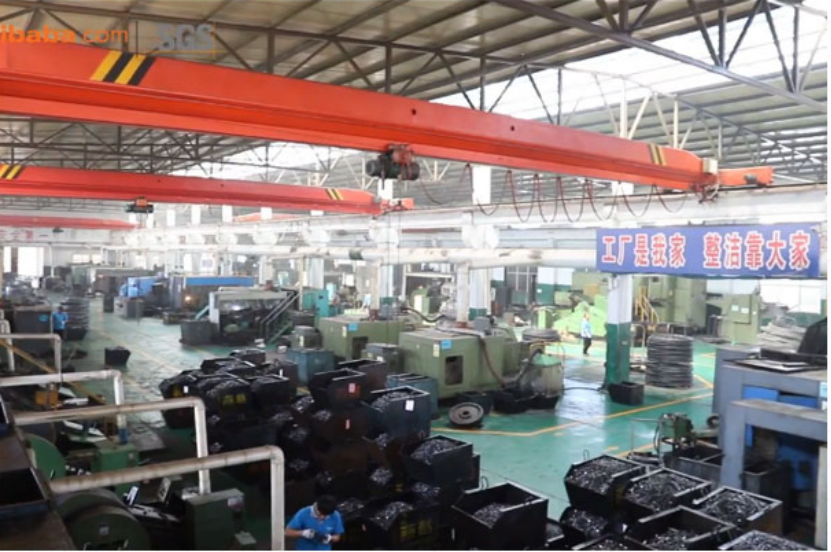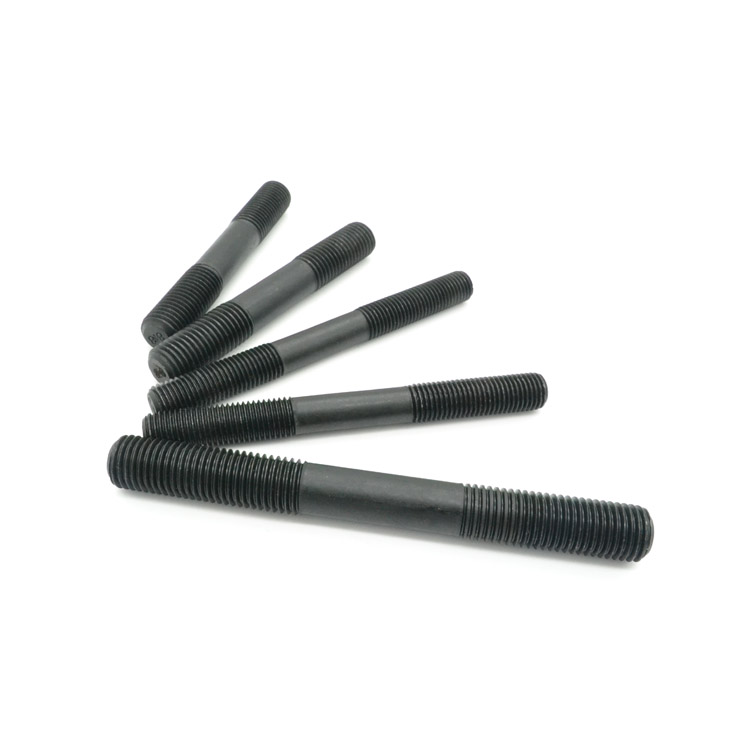rust proof bolts
Фев . 20, 2025 01:06 Back to list
rust proof bolts
Rust-proof bolts play a pivotal role in industries where durability and reliability are crucial. These bolts are specifically designed to withstand the harshest environments, ensuring the integrity of structures and machinery over extended periods. In sectors like construction, maritime, and automotive, the demand for rust-proof fastening solutions has been steadily growing due to their enhanced longevity and low maintenance needs.
Trustworthiness is inherently linked to the performance of rust-proof bolts over time. Real-life case studies showcase scenarios where high-quality bolts have prolonged the lifespan of bridges, buildings, and machinery under constant stress. Feedback from industry veterans and ongoing testimonials from satisfied customers provide additional layers of credibility to the proven track record of these bolts. An essential aspect of rust-proof bolts is their contribution to sustainability. By reducing the frequency of replacements and minimizing material wastage, these bolts contribute to eco-friendly practices. Moreover, the reduced need for chemical treatments to combat rust aligns with environmentally conscious construction and manufacturing protocols. For those looking to purchase rust-proof bolts, understanding the specifics of their applications can dictate the best choice. Whether it’s a marine engineer ensuring that offshore platforms remain stable, or an automotive designer tasked with producing durable vehicles, choosing the right bolt can be a crucial decision. Optimization of rust-proof bolt use not only enhances structural integrity but also instills confidence in the longevity of the entire system. In conclusion, rust-proof bolts are more than just essential components; they are fundamental to the success and safety of modern engineering marvels. Leveraging their advantages requires a blend of experience, expertise, authority, and trust. As industries evolve, the permanence promised by rust-proof technology remains a critical asset in creating sustainable and resilient structures.


Trustworthiness is inherently linked to the performance of rust-proof bolts over time. Real-life case studies showcase scenarios where high-quality bolts have prolonged the lifespan of bridges, buildings, and machinery under constant stress. Feedback from industry veterans and ongoing testimonials from satisfied customers provide additional layers of credibility to the proven track record of these bolts. An essential aspect of rust-proof bolts is their contribution to sustainability. By reducing the frequency of replacements and minimizing material wastage, these bolts contribute to eco-friendly practices. Moreover, the reduced need for chemical treatments to combat rust aligns with environmentally conscious construction and manufacturing protocols. For those looking to purchase rust-proof bolts, understanding the specifics of their applications can dictate the best choice. Whether it’s a marine engineer ensuring that offshore platforms remain stable, or an automotive designer tasked with producing durable vehicles, choosing the right bolt can be a crucial decision. Optimization of rust-proof bolt use not only enhances structural integrity but also instills confidence in the longevity of the entire system. In conclusion, rust-proof bolts are more than just essential components; they are fundamental to the success and safety of modern engineering marvels. Leveraging their advantages requires a blend of experience, expertise, authority, and trust. As industries evolve, the permanence promised by rust-proof technology remains a critical asset in creating sustainable and resilient structures.
Next:
Latest news
-
Trusted Wire Bolts Suppliers - Durable & Reliable Solutions
NewsAug.04,2025
-
Wire Bolts Company | Premium Industrial Fasteners
NewsAug.03,2025
-
Top Wire Bolts Suppliers | AI-Optimized Fast Delivery
NewsAug.02,2025
-
Top Metric Wood Screw Companies | Durable & Reliable
NewsAug.01,2025
-
Premium Lawn Mower Handle Bolts Supplier | Fast Delivery
NewsJul.31,2025
-
Premium Silver Screws Supplier | High-Conductivity Fasteners
NewsJul.31,2025
